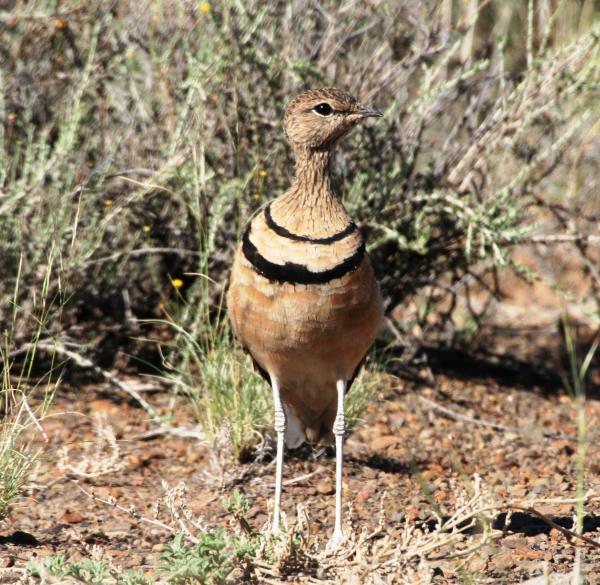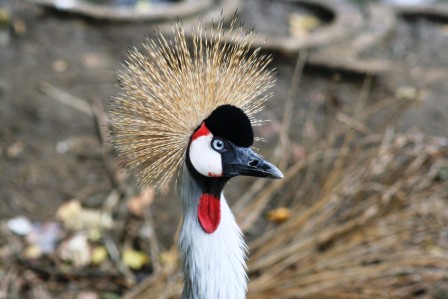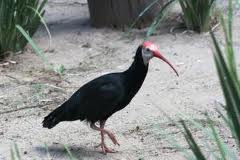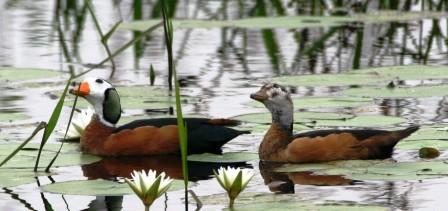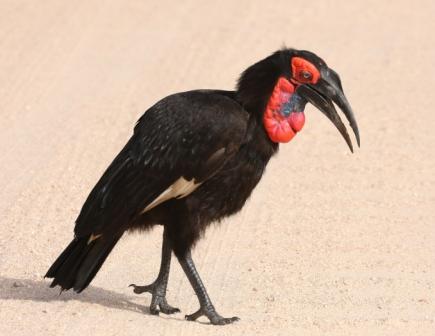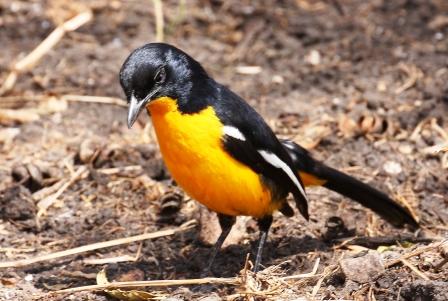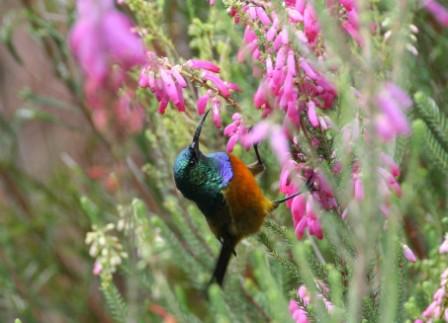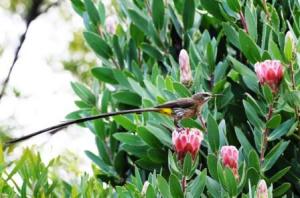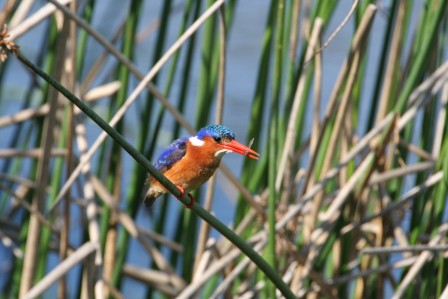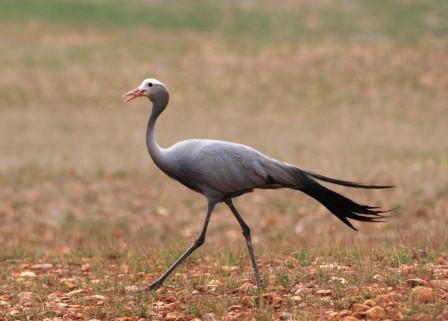|
|
JOIN OUR MAILING LIST |
|
Newsletter / Blog 2012-04-18 The South African Blue Swallow population is facing extinction! The Endangered Wildlife Trust’s (EWT) Threatened Grassland Species Programme has taken on the task of reversing the rapid decline and likely extinction of the South African population of the Blue Swallow - Hirundo atrocaerulea. The South African population currently consists of fewer than 38 known breeding pairs, with less than five remaining in Mpumalanga and 35 in KwaZulu-Natal. The total global population is thought to number about 1000 breeding pairs. In South Africa, the breeding population is monitored as part of a long-term project run by the EWT’s Threatened Grassland Species Programme. Long-term monitoring is essential to determine population trends and thus, provide valuable information to conservation authorities in order to inform grassland management decisions. Dr. Ian Little, Programme Manager of the EWT’s Threatened Grassland Species Programme, and his team at the EWT have also discovered that the number of breeding pairs continues to decline regardless of how many fledglings are produced each year. According to Dr Little - “We currently have no idea as to the survival rate of these fledglings. In order to gain a better understanding of the mortality rates of these birds we have begun to conduct research utilising microchip technology. We started PIT-tagging the fledglings in November 2011. PIT-tags – or Passive Integrated Transponders – allow us to monitor the juvenile survival rate and reproductive success, among other important conservation related questions, of the birds. We will only start receiving results when the birds return from their winter migration next summer.” The Blue Swallow will be completely extinct in South Africa within the next decade if radical intervention does not take place. We need to immediately focus our attention on the conservation of this species’ habitat in conjunction with urgent, in-depth research into the further causes of the species population decline. This is the only way we will be able to pull the Blue Swallow from the brink of extinction in our country. They need our help.
The Blue Swallow The Blue Swallow - Hirundo atrocaerulea - is a small swallow that breeds in southern Africa, wintering further north in northeast Democratic Republic of Congo, western Kenya and Uganda. This bird breeds in montane grassland, preferring high rainfall, undulating areas. In winter it prefers open grassland, with bushes and trees. Description The magnificent blue swallow has a highly lustrous dark metallic steel-blue appearance with long tail streamers, which are particularly noticeable in males. White feathers are visible on the rump and flanks when the birds are preening and especially during courtship. Young blue swallows start life a brownish-grey, acquiring their blue colour as they mature. Call This species has a musical ‘bee-bee-bee-bee’ call when in flight. Food It eats flying insects, soft-bodied flies and other arthropods, catching them on the wing. Breeding A strongly territorial solitary nester that often produces two broods per breeding season. Nest construction starts October, with both sexes collecting mud while simultaneously mixing it with grass. This mixture is then evenly applied to form a half-bowl. It is usually placed in the sloping wall of a pothole, donga, riverbank or Aardvark burrow. The Egg-laying season is from October-March. The female 2 to 4 eggs, which are incubated solely by the female between 14 to 17 days. The chicks are fed by both adults, leaving the nest after approximately 20 to 26 days. Conservation Status – Vulnerable Globally Vulnerable, in South Africa classified as Critically endangered, making it South Africa's most threatened bird. The main cause of is the destruction of sour grassland habitat for commercial forestry or agriculture Birdwatching Ask Aves Birding Tours/Safaris/Adventures to create a custom tour for you to see these magnificent blue swallows.
|
| Back | Back to top |
 |  | Cape Town Tourism  |
|||||||||||||

